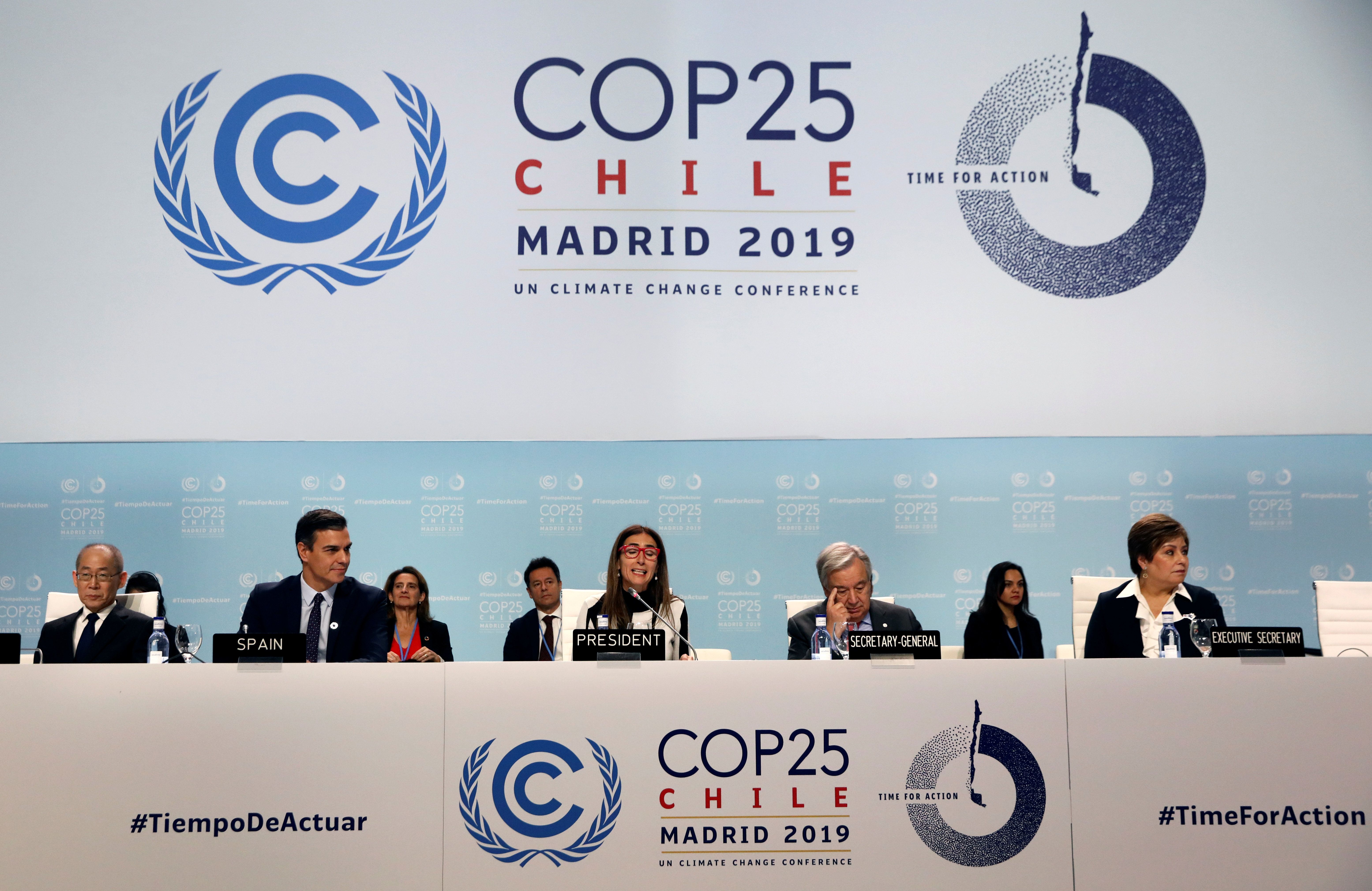The future of the planet: The 25th annual UN Climate Change Conference summit began yesterday in Madrid, just days after a new report warned that it's now basically impossible to prevent the globe from crossing the catastrophic threshold of 1.5 degrees Celsius above pre-industrial temperatures. To prevent that outcome, global emissions would need to fall 55 percent between now and 2030. That seems unlikely: the US has already ditched the main international agreement on climate policy, and large polluters like China and India don't see why they should give up fossil fuels earlier in their economic development than the US and Europe did. No wonder UN Secretary General Antonio Guterres has decried a "lack of political will." Delegates in Madrid will do their best over the next two weeks to forge new agreements that enable countries to trade the rights to emit certain amounts of carbon gas, or to offset pollution by investing in reforestation initiatives. That would be good, but without a broader commitment from the world's major economies, it may just be a drop in the (rapidly warming) ocean.
President AMLO at 1: Sunday marked one year since the inauguration of Andres Manuel Lopez Obrador (AMLO), Mexico's first leftist president since the 1930s. The good news: AMLO has strengthened pensions for the elderly and government workers, created scholarships and job training for young people, cut government salaries (including his own) by more than half, and turned the presidential palace into a public park. The bad news: Mexico is on pace for 35,000 homicides in 2019, the highest total on record. That problem predates AMLO, but his strategy to deal with it hasn't inspired confidence. Meanwhile, his pledge to hit four percent GDP growth hasn't panned out: Mexico was in recession for the first half of 2019 and growth was flat in the third quarter. His approval rating has fallen from 86 percent last February to 67 percent now. That's nothing to sneeze at, but AMLO still has a lot to do to realize the most ambitious promises he made on the campaign trail.
Iraq's prime minister calls it quits: After eight weeks of protests driven by anger over political corruption, unemployment, and Iranian influence on his government, Iraq's Prime Minister Adel Abdul Mahdi resigned over the weekend. He had faced mounting pressure to step down over his handling of the unrest, in which security forces were found to have used "excessive force" to quash protests, killing some 400 people. Mahdi will now serve in a caretaker government until a new prime minister and cabinet are approved by a parliamentary majority, but that could take months due to Iraq's dysfunctional sectarian politics. Back in 2018, after tightly contested elections, Iran helped to broker an agreement that gave Mahdi the top job – but with chants of "Iran: Out! Out! Baghdad: Free! Free!" now featuring at daily protests, any Iranian intervention could be a huge liability, deepening the country's political crisis.
What We're Ignoring
Bolsonaro vs DiCaprio: Brazil's pugnacious climate-skeptic President Jair Bolsonaro picked a fight with an unusual target this week, blaming actor and environmentalist Leonardo DiCaprio for the fires sweeping through the Amazon rainforest. "Cool guy, right? Giving money to torch the Amazon," Bolsonaro said on a Facebook Live broadcast Thursday, claiming that NGOs sparked the wave of forest fires in order to get DiCaprio to write a fat check as part of a publicity stunt intended to embarrass Brasilia. We're ignoring this because it's baseless, and also because the Bolsonaro administration's lax enforcement of forest preservation laws seems somehow more pertinent.
